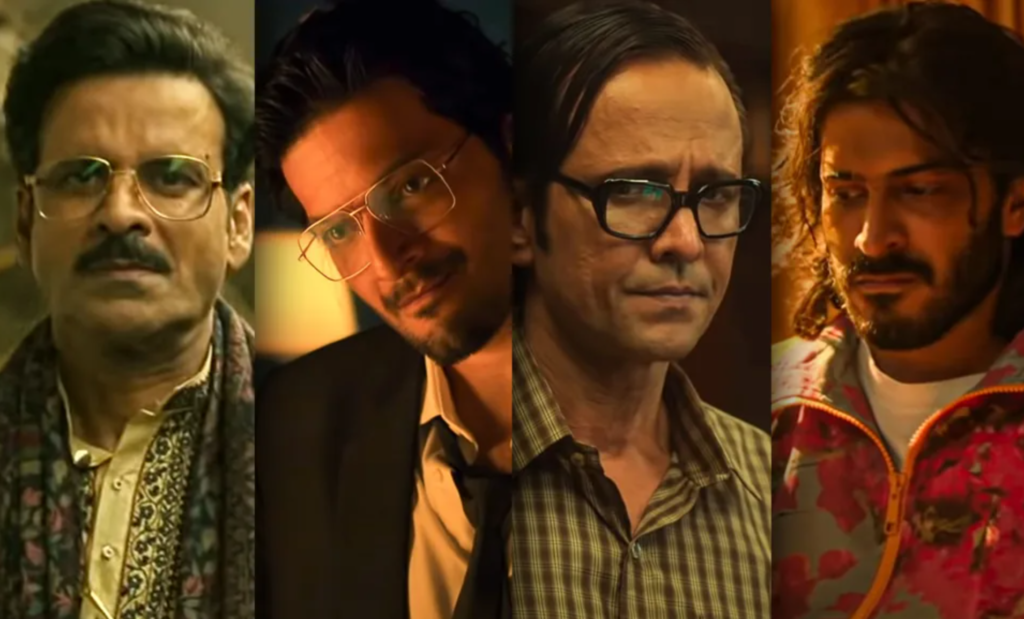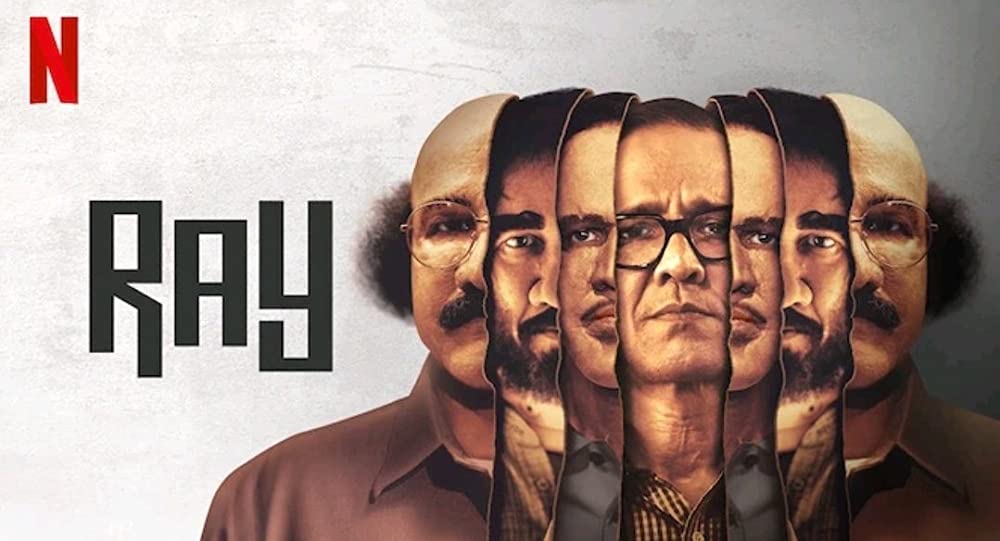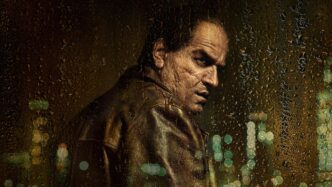Adapting the works of a storyteller as lauded as Satyajit Ray is no easy task. Netflix’s four episode anthology, Ray, doesn’t quite manage to hit a home run, but it’s an encouraging step towards creating better modernizations of classic stories.
The first entry, Forget Me Not, is a mysterious, paranoia-inducing story about an arrogant CEO named Ipsit (Ali Fazal) who thinks he is slowly losing his memory. Directed by Srijit Mukherjee, this is intriguing for most of its runtime, and Ali Fazal provides an appropriately restrained performance. However, the conclusion takes too much pleasure in revealing the clever twist, making it feel overblown and erasing the intriguing ambiguity from its earlier sections.
The second entry, Bahurupiya, is also directed by Mukherjee and stars the versatile Kay Kay Menon as an overlooked makeup artist who discovers new tricks and goes on a bit of a power trip. There’s potential in the character and the premise, but the execution is uninspired and derivative. It feels the least fully realized out of the four stories, despite the distinctive flair of the Kolkata setting. It feels too simplistic- almost amateurish- a moralistic fable wrought by a less skilled storyteller.

Things get more interesting (and also more entertaining) with Hungama Hai Kyon Barpa. Directed by Abhishek Chaubey, it’s centered around two apparent strangers who meet on a train ride, and it turns out one of them is a kleptomaniac. It’s a great character piece that plays to the strengths of both Manoj Bajpayee and Gajraj Rao and has a whimsical tone that is more representative of Ray’s spirit. Bajpayee’s character, who’s a ghazal singer, lends the story a poetic air. The ending also puts a nice twist and gives the whole story a mischievous spin.
The final story, Spotlight, is perhaps the funniest tale out of the lot. Harshvardhan Kapoor plays a typical Bollywood star named Vik who is staying at a hotel for a shoot. He is soon upstaged by Didi (Radhika Madan), an enormously popular religious leader who takes over his hotel room and entertains hundreds of devotees and followers. Vik goes through a series of frustrations and then suffers a crisis of confidence. Director Vasan Bala fills the proceedings with humor and pointed digs at both cultures involved.
The ending is almost surreal- half theatrics, half miracle- and it leaves you with on the perfect note to encapsulate the aspirations of this anthology. While there are darker themes in Satyajit Ray’s work, they aren’t explored as well here as the lighter elements.
It’s hard to recommend Ray, especially if you are a big fan of its namesake. The ambitious plays made by the directors don’t always work well, but the cast are trying their best to elevate the material. Ray isn’t necessarily a recreation of Ray’s signature minimalist style, but it does try to explore complex human emotions and states of being. Give it a go, and if you only want to watch the good parts, just stick with the last two episodes.







